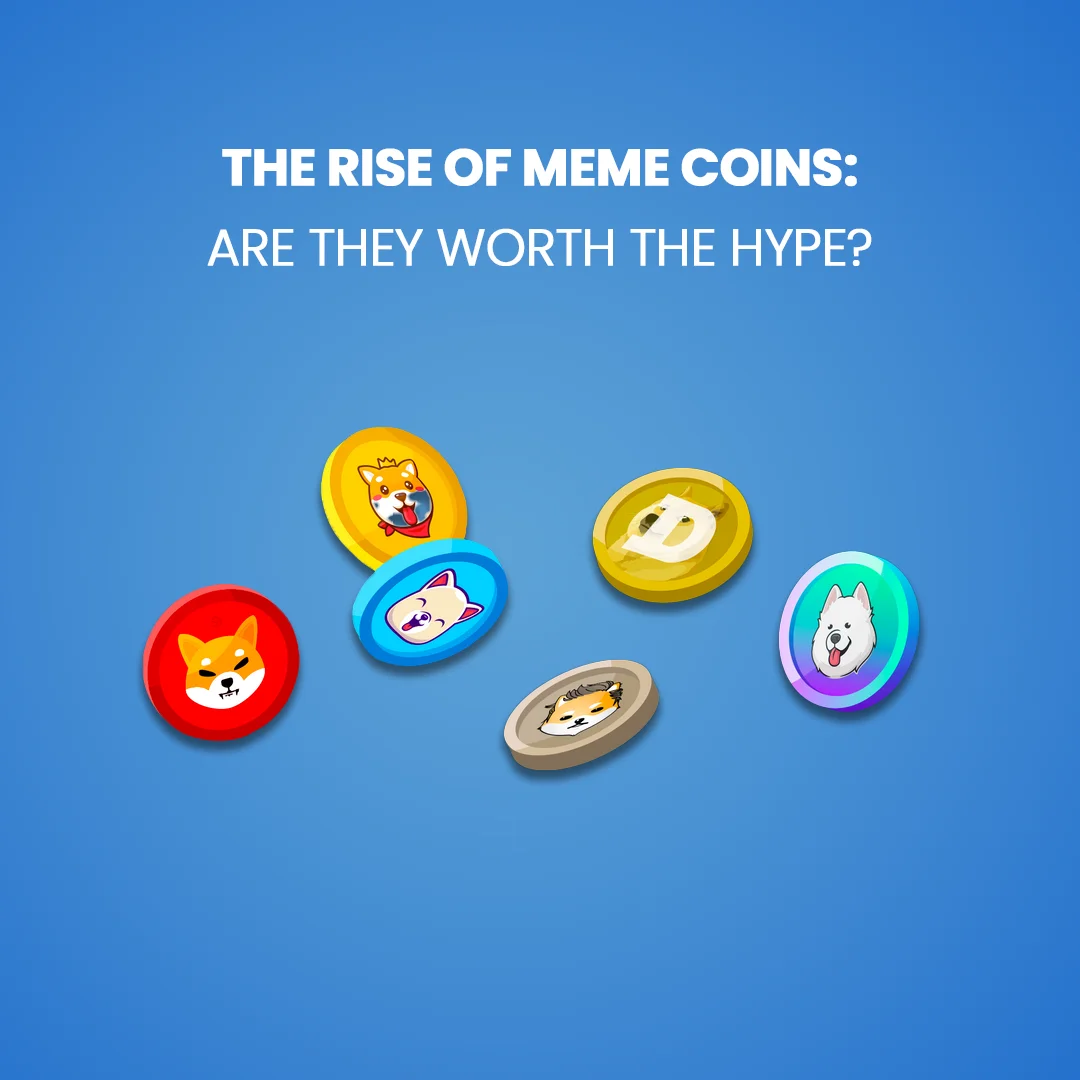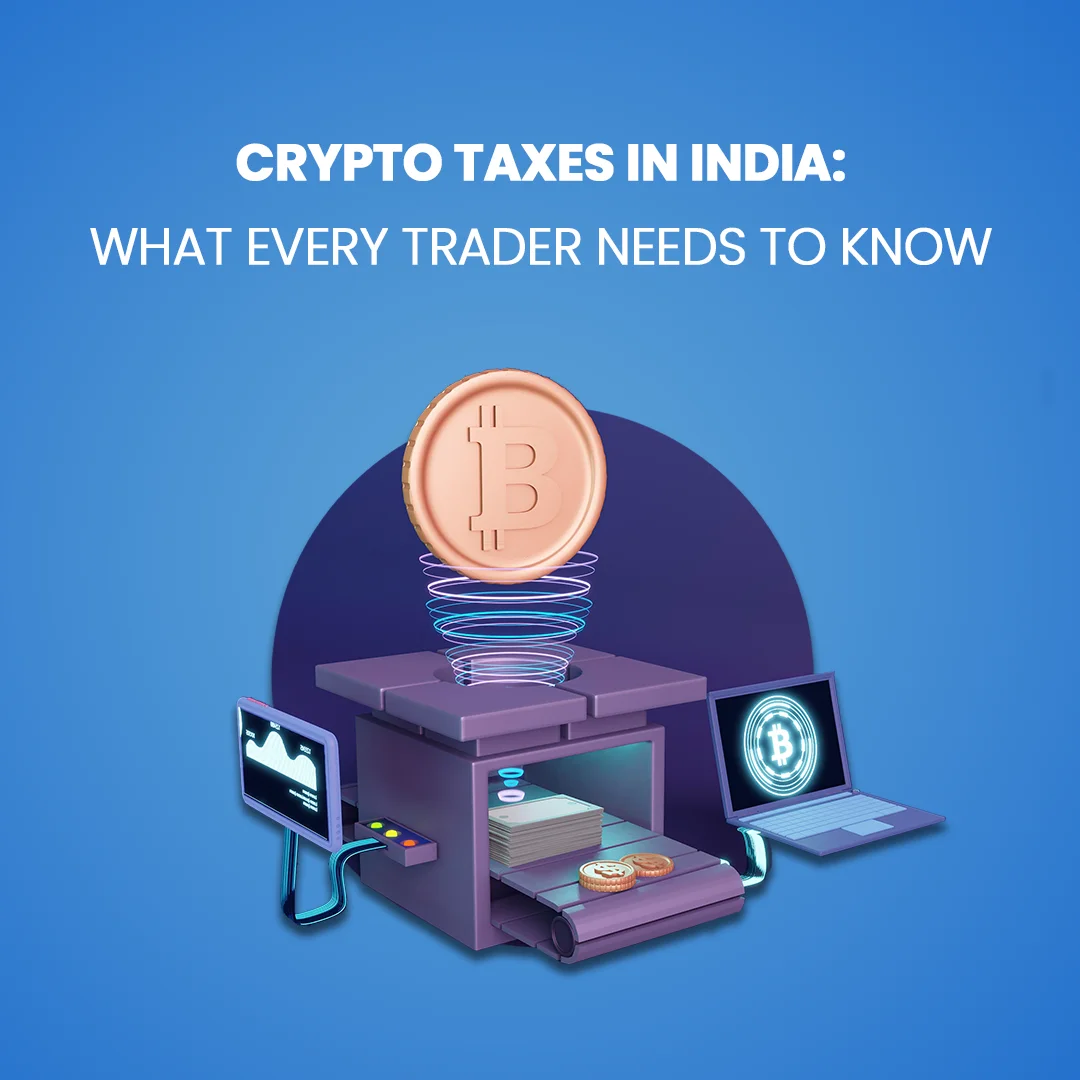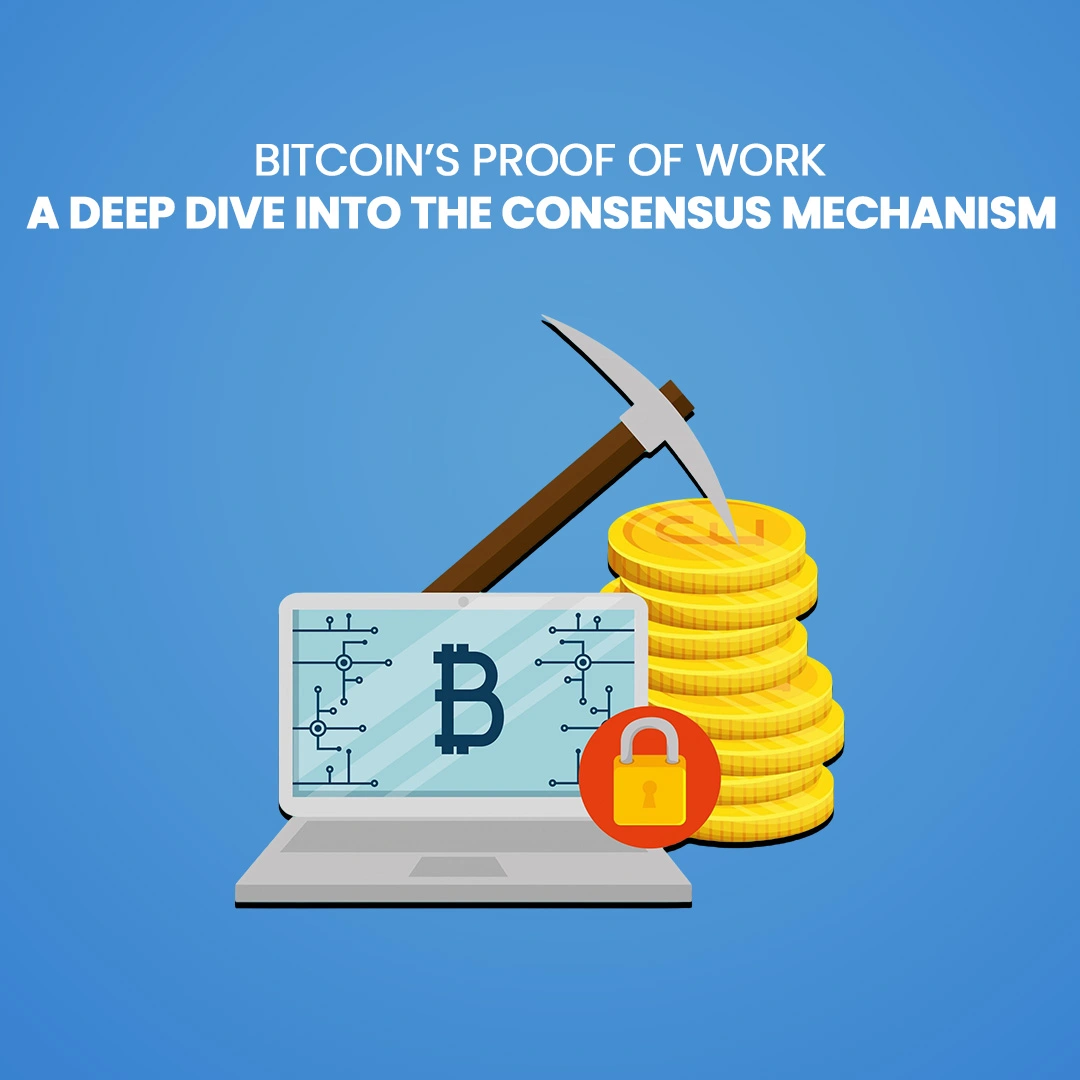

The Future of Blockchain: Unveiling the Power of Smart Contracts
Smart contracts is a negotiation schema for executing trusted transactions and agreements. These transactions between dispersed, anonymous participants do not require an external enforcement mechanism, legal structure, or central authority.
Let us take into account how smart contracts on blockchain are deemed to play a crucial role and are a thing of the future.
Interpreting Smart Contracts
In a world that’s becoming digitized in every aspect, online banking, shopping and entertainment has become truly effortless. To further digitization, smart contracts are transforming the way blockchain agreements are carried out providing automated and safe solutions.
The creation and execution of agreements and contracts in the digital sphere are being completely transformed by smart contracts.
Essentially, a smart contract is an electronic contract that remains preserved on a blockchain network and that is set to run automatically upon fulfillment of specific parameters.
These blockchain smart contracts, which ensure efficient and safe transactions by doing away with middlemen, are written in programming languages created especially for blockchain, such as Solidity.
To understand this better, let us assume you are a manufacturer in need of raw materials.
You can create a digital contract with your material supplier that specifies delivery dates and payment terms using a smart contract.
There are no misunderstandings or delays in the payment process once the supplier provides the materials.
This type of automation transforms businesses, simplifying procedures and cutting costs. It is not merely an ease of use it also assists in streamlining the cost incurred in the process.
How Did Smart Contracts Originate?
Digital contracts were first foreseen as a means of enabling transactions without requiring the involvement of a reliable third party by a computer scientist and cryptographer named Nick Szabo.
He presented his idea of smart contracts in 1994. It was Szabo who also proposed the concept of ‘Bit Gold’ prior to Bitcoin came into existence, however there was a lack of supportive technology back then.
Blockchain Smart Contracts came to life when the blockchain technology was introduced. This was in 2008, when a whitepaper describing Bitcoin and introducing blockchain technology was released.
Decentralized transactions were made possible by this ground-breaking technology, opening the door for beneficial use of smart contracts.
When Ethereum was first introduced in 2013, it featured a platform made especially for carrying out smart contracts. Ethereum is still one of the most popular systems for this use case today.
Understanding the different kinds of smart contracts?
Application Logic Contracts
These are smart contracts that specify the guidelines and procedures for blockchain-based apps. They can automate procedures, manage transactions, and execute specific tasks based on pre-set circumstances.
Smart Legal Contracts
Such contracts are valid and come into effect automatically when their conditions are satisfied. They incorporate automation with traditional contract facets and are intended to be legally binding.
Ethereum Contracts
This is the first ever platform to promote smart contracts, allowing developers to design complex contracts that can perform multiple operations. It makes use of the Turing-complete programming language Solidity, which enables it to handle a large range of contract designs. The Ethereum Virtual Machine (EVM), a decentralized platform perfect for executing decentralized apps (dApps), is where these contracts are executed.
Chainlink Contracts
By enabling secure interactions between smart contracts and external data sources via oracles, Chainlink gives them a special functionality. This implies that real-world data, such as stock prices or weather reports, can cause smart contracts to take action. It’s especially valuable for data-sensitive applications that demand accurate and safe real-time information from outside the blockchain.
Hyperledger Fabric Contracts
Hyperledger Fabric Contracts prioritize security and privacy. It is often an attractive option for companies that want a private, permissioned blockchain. Because of its modular nature, businesses can tailor their blockchain configuration. Strong privacy controls on this platform ensure that only individuals with permission can view or modify the data, making it ideal for businesses that handle sensitive data.
Want To Understand How Smart Contracts Automate Processes In Blockchain
Smart contracts on blockchain play a critical role in automating processes without the need for middlemen or human intervention by executing initiatives based on predetermined regulations and circumstances.
Following is a step-by-step analysis to understand how it functions-
1. Pre-defined terms
The basis of every smart contract evolves from an “if/then” statement, or collection of predetermined conditions.
The contract itself contains these terms, which are written in blockchain-specific programming languages like Solidity.
To get a hang of it, let us suppose Jasper and Joseph are two parties involved in a deal.
Jasper agrees to give Joseph two Bitcoin after he sends a specific item. The smart contract is programmed with this agreement, including the payment information and delivery specifications.
2. Actualizing the contract
Smart contract constantly monitors blockchain to ascertain whether the predetermined criteria have been fulfilled during any transaction. This could be anything like getting paid, accomplishing a project, delivering products, or simply meeting a deadline.
In the case of Jasper and Joseph, Jasper’s payment is dependent on Joseph delivering the product, which can be verified by tracking data that is integrated into the blockchain or by a delivery service.
3. Automation
The agreed-upon action is automatically carried out by the smart contract once the conditions set forth in it are met.
This could be releasing money, changing a record, transferring ownership of an object, or providing access to digital content.
Everything happens instantaneously without the need for a third party to authenticate or mediate the transaction.
Talking about Jasper and Joseph’s scenario, the smart contract releases the two Bitcoins from Jasper’s wallet and transfers them to Joseph’s account as soon as the product has been identified as delivered.
Joseph and Jasper do not need to perform any manual work, and the payment can be verified and processed without the requirement for an intermediary such as a bank or other legal body.
4. Bypassing middlemen
Traditional contracts frequently rely on middlemen to supervise transactions, guarantee compliance, and uphold agreements, such as banks, notaries, or attorneys.
These middlemen can cause errors or delays in addition to increasing the process’s duration and expense.
Intermediaries can be eliminated with smart contracts since code controls every step of the transaction.
This automation speeds up the entire process, decreases errors, and significantly lowers transaction costs.
In the absence of smart contracts, Jasper might need to work with a bank to handle the payment processing, a lawyer to create the agreement, and a notary to certify it.
Each of these procedures would prolong the transaction’s duration and cost. All of this occurs rapidly on the blockchain with a smart contract.
Smart Contracts- Secure, Efficient, and Trustworthy
Let us understand how Blockchain Smart contracts have the ability to make the transactions secure, efficient and trustworthy with Jasper and Joseph’s examples.
1. Secured Transactions
The fact that smart contracts are immutable, transparent, and safe since they are recorded on a blockchain is one of its main benefits. Once a smart contract is launched, it cannot be amended.
The fact that all parties involved in the contract may understand its terms and how it will be carried out fosters confidence amongst parties. Data is secure and there is no single point of failure because of the decentralized nature of the blockchain.
Since Jasper and Joseph can both examine the smart contract on the blockchain, there is no doubt regarding the terms of payment or delivery because.
The possibility of fraud or disputes is decreased when the contract is carried out since a permanent, verifiable record of the transaction is made on the blockchain.
2. Efficiency
Transactions are substantially accelerated by smart contracts by automating procedures.
Traditional agreements require back-and-forth correspondence, paperwork, and approvals from third parties, which can cause them to take days or weeks to complete.
Smart contracts, on the other hand, act immediately upon the fulfillment of the conditions.
Getting back to Jasper and Joseph, if they were using a traditional contract, Jasper would have to manually verify if the merchandise was delivered.
The payment process would need to pass via a bank. With Smart Contract, the entire process is practically quick, and saves time and effort.
3. Trustworthiness
Smart contracts reduce the possibility of human error because they are entirely automated and regulated by code.
Manual processing in traditional contracts frequently results in errors, such as typos, misunderstandings, and execution delays.
Because smart contracts are automated and everything is coded up front, there is far less potential for error.
For illustration, let us imagine Joseph delivers the product late or Jasper gives him the incorrect payment amount under a traditional agreement process. Disputes would then likely emerge.
These options are eliminated when a smart contract is used since it automatically verifies that all requirements are fulfilled before taking any action.
Read Also: Cardano – Can ADA Redefine Smart Contracts
Use Cases of Smart Contracts in Different Industries
Smart contracts are components of self-executing code crafted on blockchain. They have the ability to automatically execute an agreement’s terms. This technology has the ability to drastically simplify any procedure that requires access to numerous resource planning systems and databases. This degree of automation guarantees a lower chance of mistake or contract manipulation. Smart contracts eliminate the need for middlemen by executing contracts automatically through a shared database that operates on a blockchain network.
1. Food and edibles
Smart contracts have the potential to improve traceability in sectors such as food safety and agriculture, in addition to initiating payments.
They are able to monitor goods from the farm to the table, guaranteeing that requirements for safety, provenance, and quality are satisfied along the whole supply chain.
Consider an organic food producer that wants to guarantee that the grains it uses are obtained ethically and sustainably.
By documenting each stage of the grain’s journey from the field to the processing facility on the blockchain, smart contracts are utilized to track it.
Transparency and accountability are ensured throughout the supply chain by the smart contract, which instantly stops payment to the provider if a delivery does not satisfy the necessary organic or sustainability standards.
2. Supply Chain Management
Supply chain systems are often said to experience a lack of transparency, mistakes, and delays. This chain of tiered-transactions can be greatly affected by smart contracts.
Smart contracts ensure smooth payments and product deliveries by automating agreements and transactions between suppliers, retailers, and manufacturers.
The smart contract initiates payment to the supplier as soon as the products are delivered and verified (via tracking systems, IoT devices, or other blockchain-enabled verification techniques).
To illustrate better, imagine a supplier providing raw materials to a manufacturer.
The smart contract immediately pays the provider after the goods are delivered and verified using RFID (audio frequency identification) or GPS monitoring.
By doing this, fraud is decreased, delays are reduced, and a transparent transaction history that is available to all parties is generated.
3. The Insurance Sector
Automation of claims and reimbursements work wonders in an age when insurance is significant. Smart contracts are redefining the insurance sector at a great pace.
Smart contracts that are programmed with insurance policies have the ability to pay out when specific criteria are fulfilled.
This minimizes the possibility of fraud and eliminates the necessity for drawn-out claim reviews. When events like a car accident, natural calamity, or travel delay occur, payments are paid right away.
Take an example of a tourist who buys insurance against airline delays. The flight data-linked smart contract determines if the flight is delayed past the prearranged window of time. In the event of a delay, the contract pays the passenger automatically and does not require any claims or documentation to be submitted.
4. The Real Estate Industry
You aren’t alone if you feel that the real estate investment process takes a great deal of time.
Real estate agreements, which frequently involve a number of middlemen such as banks, notaries, and agents,may crawl slowly.
Once payment terms are satisfied, smart contracts automate the transfer of property ownership, streamlining the procedure.
This saves time on administrative duties, paperwork, and legal costs. Smart contracts can handle every aspect of the transaction, from title transfer to buyer verification.
Understand this with how a smart contract keeps track of what happens when a buyer deposits money into a legal agreement to acquire a property.
Following completion of certain requirements, like verification of payment, authorization for inspections, and adherence to regulations, the smart contract instantly gives the buyer ownership of the property and releases the seller’s funds.
5. Financial Industry
Smart contracts are poised to transform the economic sector deeply.
The financial institutions mainly depend on middlemen like banks, clearinghouses, and loan officers.
Smart contracts facilitate automatic financial transactions, whether for loan disbursement, mortgage approvals, or interest payments.
As a result, less documentation, shorter processing times, and fewer third-party verifications are required.
As a case study, a borrower uses a decentralized finance (DeFi) platform to obtain a loan. Everything is automated via a smart contract, including interest calculations, payback plans, and loan disbursement.
Without consulting a bank or other legal body, the contract has the ability to immediately withdraw payments from a collateralized asset in the event that the borrower fails to make payments.
6. Healthcare
Have you ever wondered how a complex healthcare system can be conveniently automated by blockchain technology avoiding human participation?
Smart contracts enable the automation of health insurance claims, the sharing of patient data, and the administration of pharmaceutical supply chains in the healthcare industry.
On the blockchain, medical records can be safely retained and shared under certain conditions.
In a similar way, speedier processing of health insurance claims can eliminate the need for manual vitrification and claims adjusters.
Let’s say that a patient gives permission for a specialist to access their medical records.
In order to protect patient privacy and comply with healthcare laws, the smart contract automatically allows access to the relevant files after confirming that the specialist satisfies the necessary requirements.
Furthermore, the smart contract expedites the reimbursement process by initiating a claim with the patient’s insurer upon the completion of a surgery.
7. Government Offices
Smart contracts are a tool that governments can use to increase the effectiveness of public services including voting, welfare distribution, and tax collecting.
Governments are able to guarantee transparency, mitigate corruption, and expedite the provision of services to residents by incorporating these procedures into smart contracts.
For instance, smart contracts might automatically confirm income and other tax-related information for tax refunds, doing away with the need for human screenings.
Upon confirmation of the data, the refund gets processed immediately. Smart contracts can assist in developing tamper-proof voting systems for elections, where votes are cast and safely recorded on a blockchain.
8. Entertainment Industry
Smart contracts are being increasingly used by the media and entertainment houses to take care of content distribution, royalties, and copyright concerns.
Without being dependent on middlemen like publishers or record labels, artists can use smart contracts to automatically get paid based on downloads, streaming views, and sales.
This ensures fair payments for all artists.
Let us take an example of a musician who uses a blockchain-based platform to release a song.
The smart contract immediately and without any middlemen fees allocates income to the artist and collaborators according to the parameters agreed upon each time the song is streamed or purchased.
9. Energy Sector
Did you know that if your home is solar-equipped, you can sell the excess energy directly to other users in the network?
With smart contracts handling the transaction and guaranteeing correct payment processing, you would have nothing to worry about.
Especially in decentralized peer-to-peer (P2P) networks, smart contracts facilitate the automation of energy trading.
To simplify, imagine a homeowner who has extra solar energy that they would like to sell to a neighbor.
An energy business or utility provider does not need to mediate the transaction because the smart contract tracks the amount of energy supplied and automatically executes the payment based on market rates.
To understand in detail about the principles of smart contracts.
Challenges and Limitations of Smart Contracts
In contrast to all the benefits that an industry or overall system can acquire from smart contract technology, there are some limitations that it may express since this mechanism is still in its developing phase.
Below are some challenges that may be faced in the application of this much adored technology
Processing Speed and Scalability
Blockchains may experience lag because it requires time to add a block—a collection of transactions—to the ledger. Operations may be delayed because of this.
Dependency on Programmers
Once put into effect, smart contracts are set through stone and cannot be altered. This means that developers have to make sure they take into consideration all possible scenarios that can call for changes.
Privacy Concerns
Applications that handle sensitive data and cannot afford unauthorized access run the danger of being compromised by smart contract code, which is readily accessible to all users on the network.
High Latency
It takes roughly close to 15 plus seconds for a verified block to be added to the ledger on Ethereum, the most popular smart contract platform. Compared to conventional systems, which can record data in milliseconds, this is far slower.
Read Also: How Does Blockchain Interoperability Work
What does the future of Smart Contracts in Blockchain look like?
As blockchain technology’s smart contracts become increasingly integrated into different industries, they are ought to see tremendous growth in the near future.
We may anticipate a wider application of smart contracts as organizations from different industries gradually come to understand its efficiency and transparency.
The creation of user-friendly interfaces and improved interoperability across various blockchain platforms are two innovations that will increase the accessibility of smart contracts for non-technical users.
Furthermore, a higher volume of transactions may be handled without compromising performance thanks to continuous advancements in scalability and processing speed.
DISCLAIMER-
The information delivered on/ in this website/ blog is intended for general informational purposes only and should not be considered as investment advice. We strongly endorse that you conduct your own research and consult with a certified financial advisor before making any investment determination.







